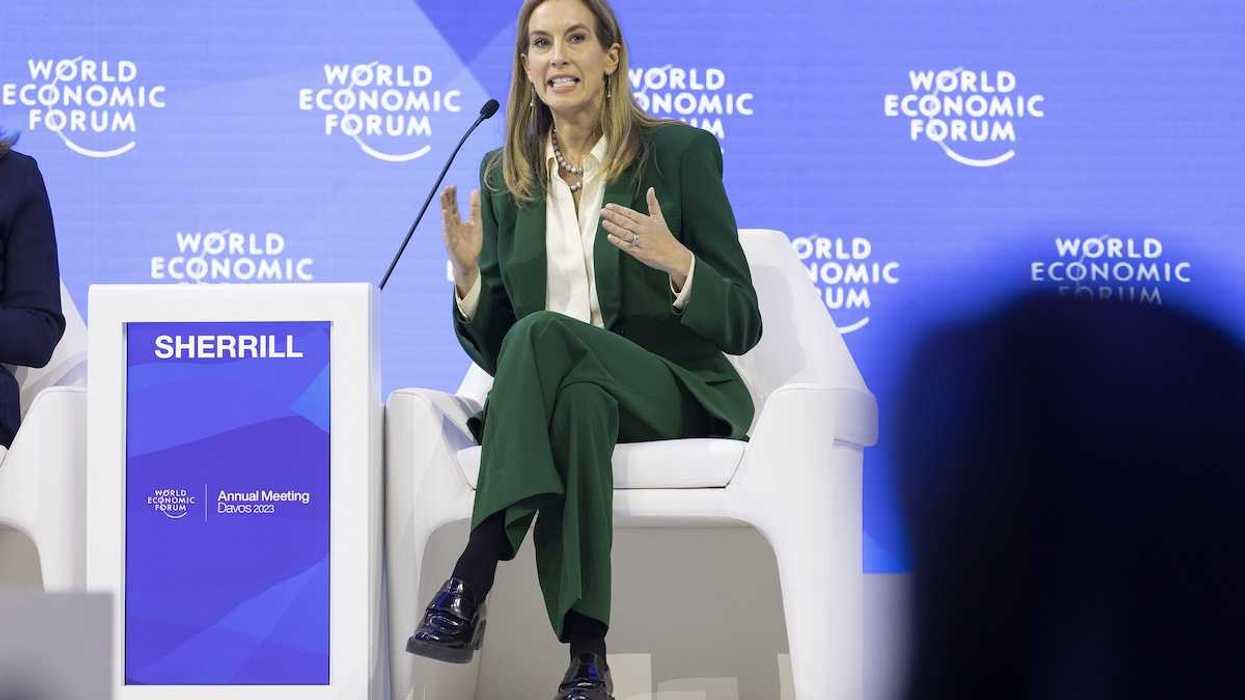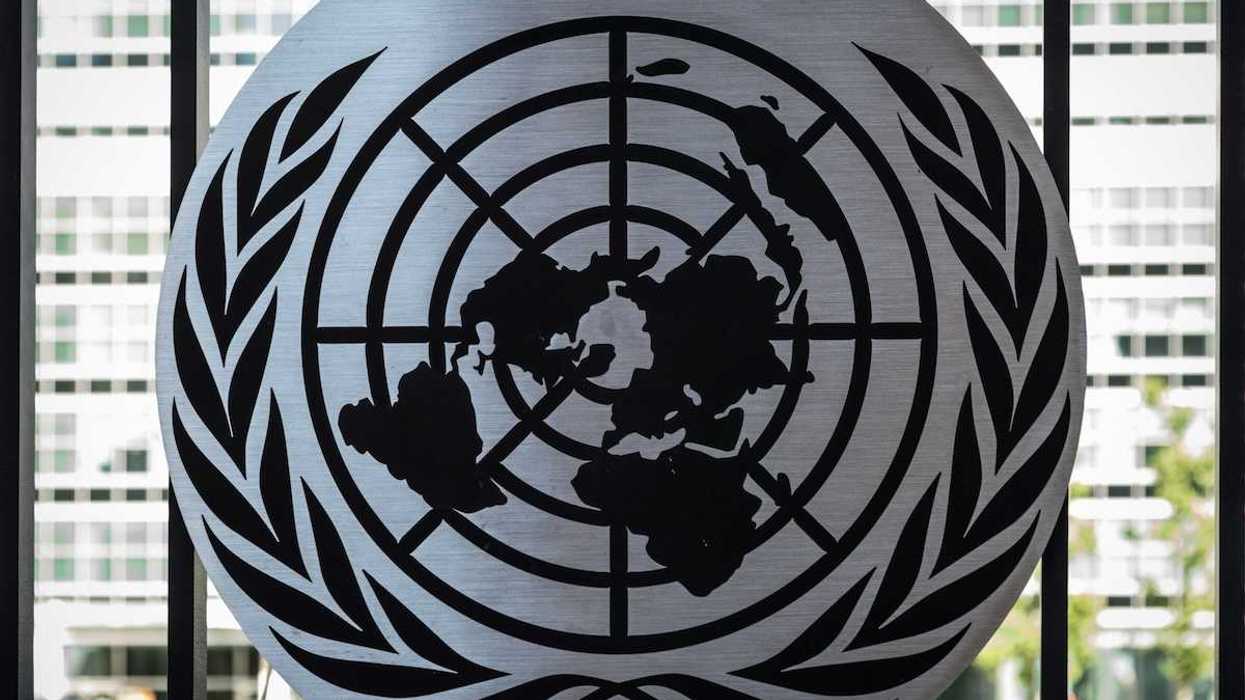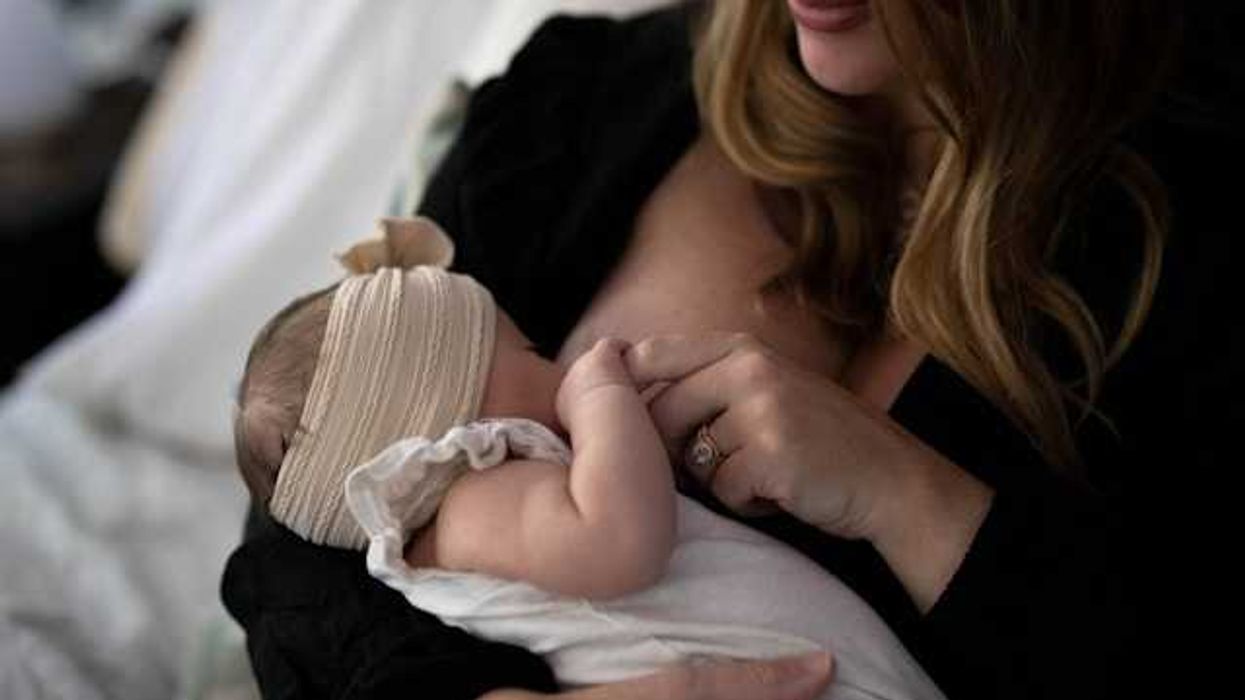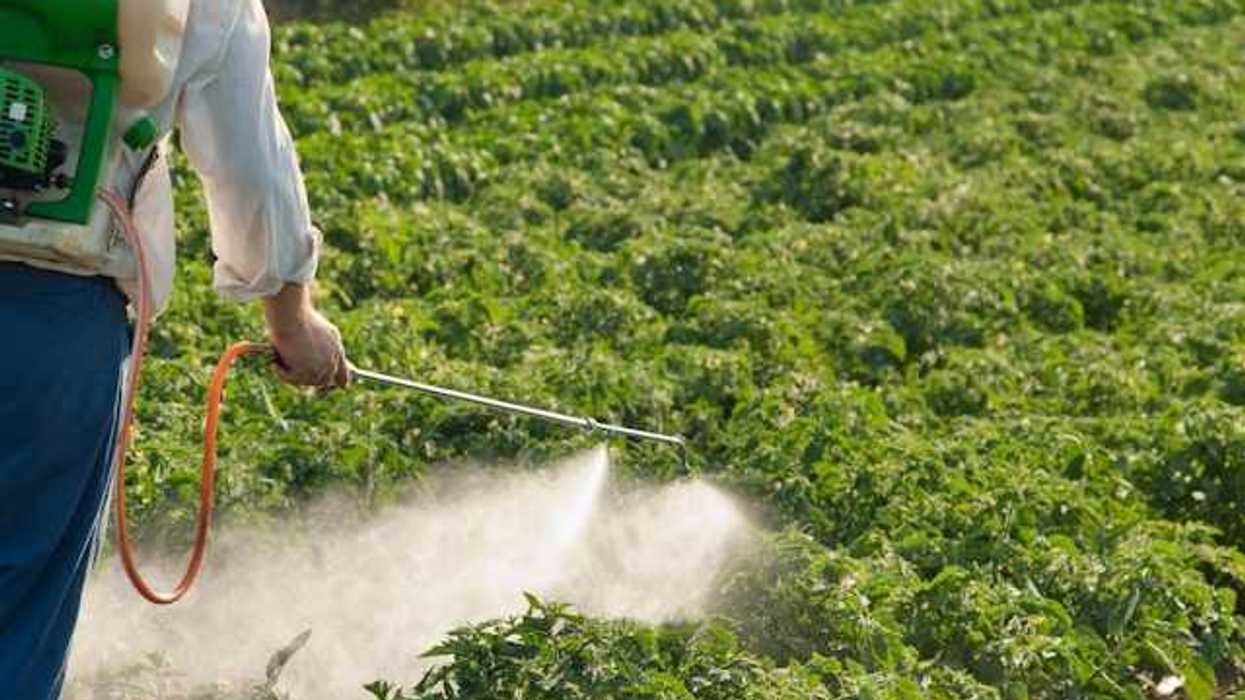Swiss food giant Nestlé has been accused of adding sugar to its baby food products in poorer countries while offering healthier versions elsewhere.
Andrew Jeong reports for The Washington Post.
In short:
- Nestlé's products in poorer regions contain up to 7.3 grams of added sugar per serving, while similar products in Europe contain none.
- The company attributes sugar content variations to local regulations and ingredient availability, asserting that these do not impact nutritional value.
- Legal and regulatory actions are being considered or initiated in countries like India and the Philippines in response to the report's findings.
Key quote:
Added sugar “leads babies to develop a preference for overly sweet foods, setting them up for a lifelong diet of highly processed foods.”
— Laurent Gaberell and Manuel Abebe, researchers at Public Eye.
Why this matters:
High sugar intake from an early age can lead to a range of health issues, including obesity, dental problems and an increased risk of chronic diseases like type 2 diabetes and heart disease. For infants and toddlers, whose dietary needs are distinctly different and more sensitive, the introduction of added sugars can have more immediate impacts, such as altered metabolism and increased caloric intake without essential nutrients.














